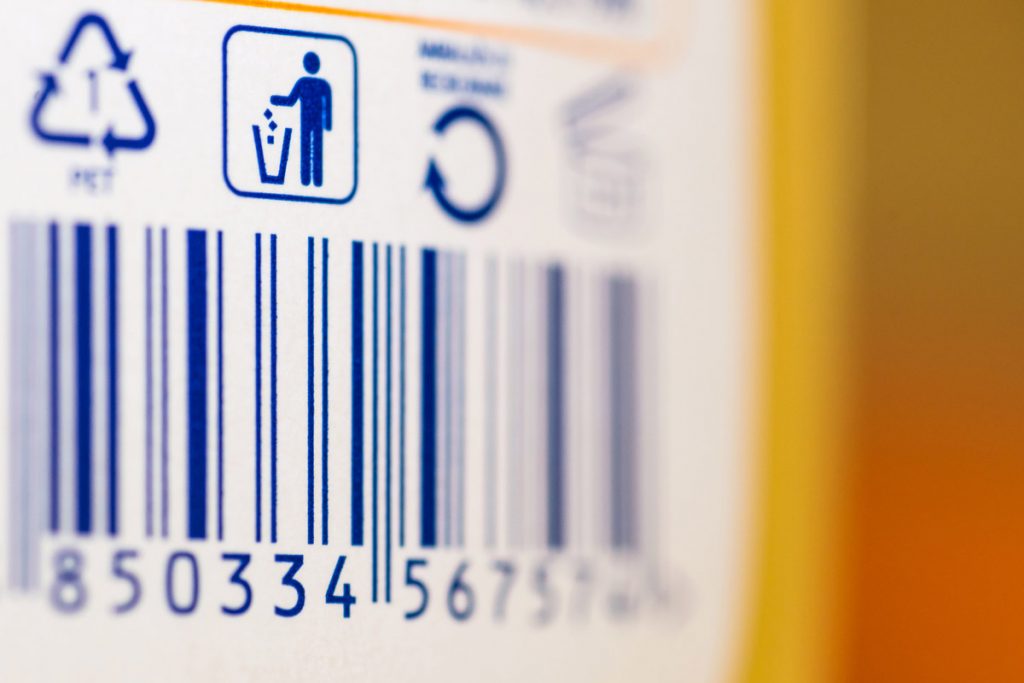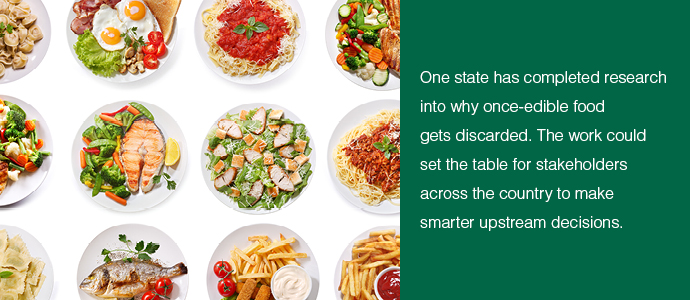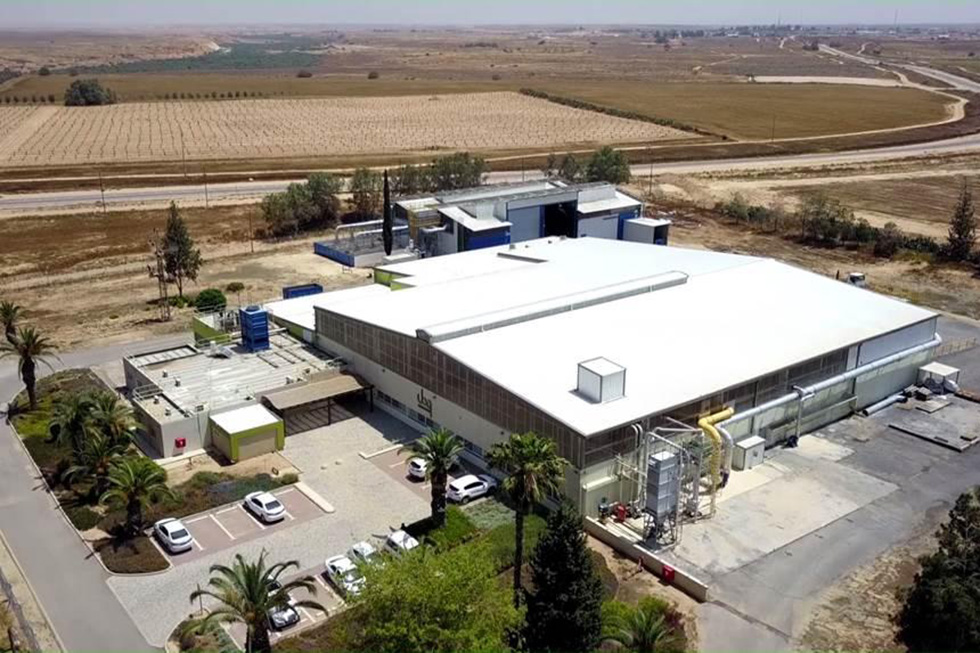
A recent Greenpeace report noted companies are increasingly calling a wider variety of products “recyclable.” | Marko Rupena/Shutterstock
Several recycling industry reports were recently released, including a Greenpeace indictment of recyclability labeling, the latest updates from Closed Loop Partners, and one state’s investigation of food waste in public schools.


 Curbside recycling can put additional collection trucks on the road. But the recycling process ultimately brings environmental benefits that far outweigh the extra vehicle emissions, according to a study from Waste Management.
Curbside recycling can put additional collection trucks on the road. But the recycling process ultimately brings environmental benefits that far outweigh the extra vehicle emissions, according to a study from Waste Management.
 Food waste has become an increasingly hot topic in recent months and for good reason. According to the Food and Agriculture Organization of the United Nations (FAO), about one-third of all food produced in the world for human consumption – approximately 1.3 billion metric tons – ends up as waste each year.
Food waste has become an increasingly hot topic in recent months and for good reason. According to the Food and Agriculture Organization of the United Nations (FAO), about one-third of all food produced in the world for human consumption – approximately 1.3 billion metric tons – ends up as waste each year. Western states are often seen as trendsetters in materials recovery. But the latest figures from that part of the country show drops in diversion rates.
Western states are often seen as trendsetters in materials recovery. But the latest figures from that part of the country show drops in diversion rates.


